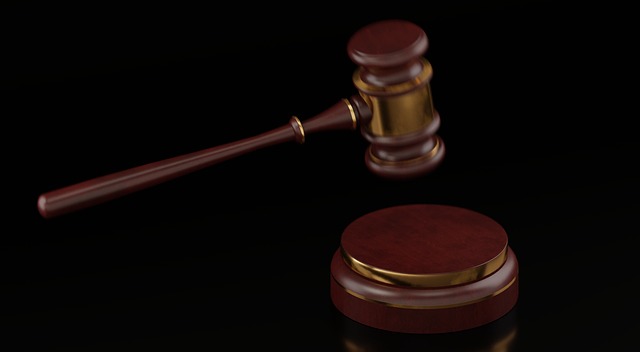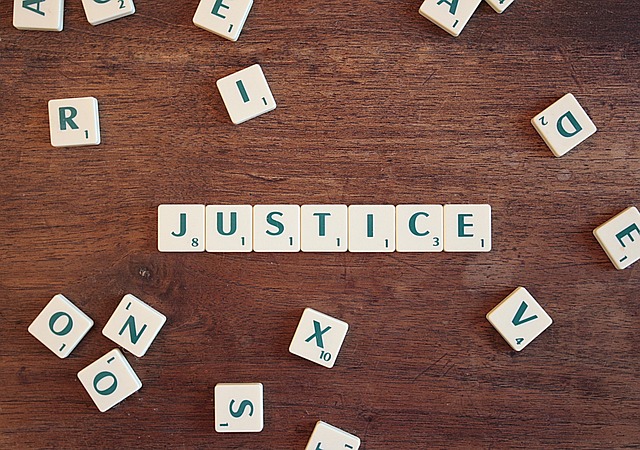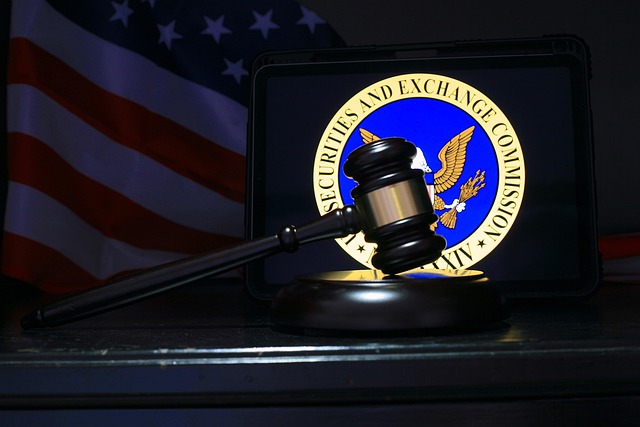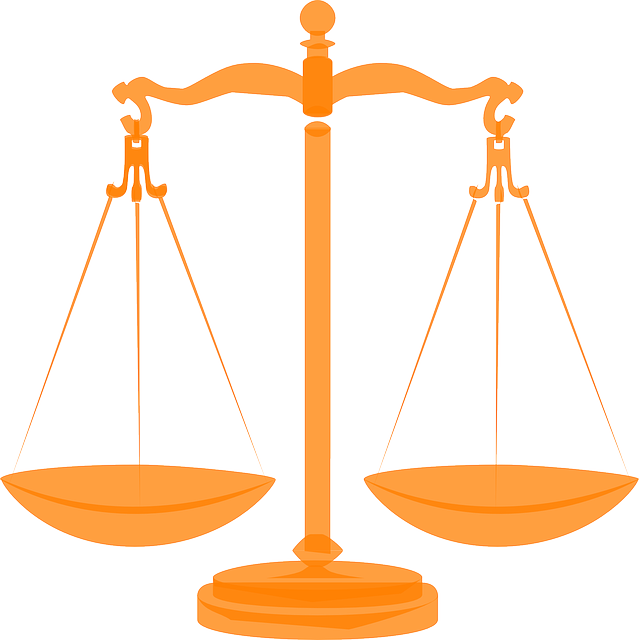Calculating damages is a critical process in personal injury cases, vital for ethical business practices and consumer protection. It involves assessing both economic (medical expenses, income loss) and non-economic (pain and suffering, emotional distress) losses, with jury trials playing a central role in vibrant communities. Legal professionals guide clients through this complex stage, advocating for rights and presenting evidence to determine compensation. Punitive damages, aimed at deterring future misconduct, are subjective and require compelling argumentation. Unique challenges in consumer protection cases, such as estimating non-economic losses and managing complex liability, are navigated by legal experts to secure just outcomes.
In today’s legal landscape, consumer protection suits play a vital role in safeguarding individuals from unfair business practices. This comprehensive guide delves into the intricate world of consumer rights, focusing on understanding key laws and their implications. We explore the critical component of damages in personal injury cases, including compensatory, punitive, and exemplary damages. Furthermore, we analyze common challenges in determining consumer damages, providing insights for both legal professionals and consumers seeking justice. By understanding these principles, folks can navigate the intricate legal system with confidence, ensuring they receive fair compensation for their troubles.
- Understanding Consumer Protection Laws
- The Role of Damages in Personal Injury Cases
- Calculating Compensatory, Punitive, and Punitive Damages
- Common Challenges in Determining Consumer Damages
Understanding Consumer Protection Laws

Understanding Consumer Protection Laws is paramount for both businesses and consumers alike. These laws are designed to safeguard individuals from unfair, deceptive, or hazardous practices in their daily interactions with companies. They cover a wide range of issues, including product safety, pricing transparency, and advertising accuracy. By enforcing these regulations, governments aim to create a level playing field, ensuring that businesses operate ethically and consumers receive fair treatment.
One critical aspect often addressed in Consumer Protection suits is Calculating Damages in Personal Injury Cases. When consumers suffer harm due to business misconduct, they may be entitled to compensation. This process involves assessing both economic and non-economic damages. Economic losses might include medical expenses and income loss, while non-economic damages can encompass pain and suffering, emotional distress, and diminished quality of life. Understanding these legal principles is crucial for both plaintiffs seeking redress and defendants aiming to avoid indictment in such cases, especially within the context of vibrant and diverse philanthropic and political communities where jury trials play a significant role.
The Role of Damages in Personal Injury Cases

In personal injury cases, calculating damages is a crucial step that determines the compensation individuals receive for their injuries and associated losses. Damages in these suits encompass various elements such as medical expenses, lost wages, pain and suffering, and in some cases, punitive damages if negligence is willful or malicious. This process involves meticulous documentation and evaluation of all relevant information throughout all stages of the investigative and enforcement process.
Legal professionals play a pivotal role in navigating this phase, advocating for their clients’ rights while presenting compelling evidence to juries during trial. The outcome can significantly impact not just financial recovery but also serves as a deterrent in general criminal defense scenarios, ensuring accountability for negligent or harmful actions.
Calculating Compensatory, Punitive, and Punitive Damages

In personal injury cases, calculating damages is a crucial step to ensure justice and compensation for victims. When it comes to consumer protection suits, understanding how to ascertain and award various types of damages is essential. Compensatory damages aim to restore an individual to their pre-injury state by covering medical expenses, lost wages, and other tangible losses. This aspect of the process is relatively straightforward, focusing on quantifiable harm.
Punitive damages, however, serve a different purpose, aiming to achieve extraordinary results in high-stakes cases involving gross negligence or malicious behavior. These damages are meant to punish the defendant and deter similar misconduct in the future. Unlike compensatory damages, which have clear guidelines for calculation, punitive damages are often more subjective. Legal professionals must present compelling evidence and argue for an amount that reflects the severity of the defendant’s actions, ensuring a fair but stringent outcome for consumers harmed by business practices that violate protection laws.
Common Challenges in Determining Consumer Damages

Determining consumer damages in personal injury cases can be complex due to various challenges unique to consumer protection suits. One primary hurdle is quantifying non-economic damages, such as pain and suffering, which often lack concrete monetary values. Jurors or judges must rely on expert testimony and previous case settlements to estimate these amounts, making the process subjective and variable.
Additionally, attributing damages across multiple defendants in a complex product liability suit can be daunting. In cases where numerous entities are involved, from manufacturers to retailers, establishing individual liability and apportioning responsible parties requires meticulous investigation. This complexity often necessitates extensive legal expertise and a thorough understanding of general criminal defense strategies, with the goal of securing just compensation for his clients across the country.
Understanding consumer protection laws is paramount for both businesses and consumers. When navigating consumer protection suits, especially in personal injury cases, knowing how to calculate damages becomes crucial. This article has explored the intricacies of compensatory, punitive, and exemplary damages, highlighting their distinct roles. Moreover, it has shed light on common challenges in determining consumer damages, emphasizing the importance of meticulous record-keeping and legal expertise. By grasping these concepts, individuals and businesses can better protect themselves, ensuring fair outcomes in legal disputes involving consumer rights.






